Travel Grants for Undergraduate Scholars
Travel grants are awarded to encourage undergraduate research scholars to present their scholarly work at a regional or national conference. A maximum of up to $ 400 may be awarded to a student to defray the incurred travel expenses. It is expected that the faculty mentor and/or the department will provide additional funds to cover the remaining travel expenses. Only one travel grant per student per year will be awarded.
Benefits of presenting at a conference
COMMUNICATE YOUR RESEARCH
When you present your research at a conference, you are sharing your findings with other researchers in the field who value your contributions. You also have the opportunity to learn more about the exciting developments in your field of research.
NETWORK WITH THE SCIENTIFIC COMMUNITY
You have the opportunity to introduce yourself to the wider scientific community and explore other areas of interest. These interactions might lead to fruitful collaborations or to future jobs, internships, or graduate school admissions.
become a professional researcher
When you attend a conference, you grow as a professional. You gain more opportunities, tools, and the skills to accomplish goals in a timely fashion. You also meet other researchers in a setting that helps you thrive and enables you to refine your research.
Additional information
What's Covered with a Travel Grant?
- A maximum of $400 may be reimbursed to defray the student’s travel expense.
- The travel award can be used for the following expenses: airfare, lodging/hotel and registration fees (If you are splitting the cost of your hotel room with another person(s), you must let me know).
- The travel award cannot cover the membership fees, gas, meals, or international travel expense at this time.
- Travel grant application should be submitted at least 30 days prior to the conference departure.
- Please note that only the amount that was approved prior to the travel will be reimbursed when the student submits all the required receipts within 20 days of conference return.
Requirements:
- Proof of conference acceptance required at the time of submitting a travel grant application.
- The faculty mentor and/or department should provide additional funds to support the student’s travel.
- Applicant must be an enrolled Mines student when traveling to the conference.
- Travel awards are reimbursement grants. Students are responsible to submit paperwork within 20 days of conference return to get reimbursed. Keep the receipts safe as we will need copies.
- Travel awardees are required to present their work at the Mines undergraduate research symposium held annually in April.
Eligibility and Selection Criteria:
- Applicants must be currently enrolled Mines undergraduate student conducting research with a Mines faculty.
- Applicants must present their scholarly work at the conference.
- Only one travel award per student per year.
- Applications for the travel awards will be considered on a rolling basis until the travel funds are exhausted.
Competitiveness of application and exact award amount will depend on the following: Applicants will be preferenced who are first-authors or sole presenters; have participated in research through Undergraduate Research Scholars (ie MURF).
2024-2025

Ethan Arends
Mentor: Eduardo Davila, University of Colorado, Anschutz

Kagan Killough
Kagan Killough, a Chemical Engineering student, traveled to the American Institute of Chemical Engineers (AIChE) 2024 Annual Meeting in San Diego to present his research, “Nanoscale Engineering of Ceramic Supports for High Permeance Membrances in Hydrogen Reforming.” According to Kagan, “This October, I had the great experience of attending the AIChE annual conference in San Diego, where I presented research I had been working on for the past year and a half. This conference provided ample opportunities to meet others and network. I exchanged ideas with other researchers on similar projects, many of whom had experienced similar problems and results but tackled them differently, or began working on tangential issues. I received advice about pursuing a Master’s or Ph.D from current and past students, many of them international, which is something that I hope to pursue in my future”
Mentor: Colin Wolden, Chemical and Biological Engineering
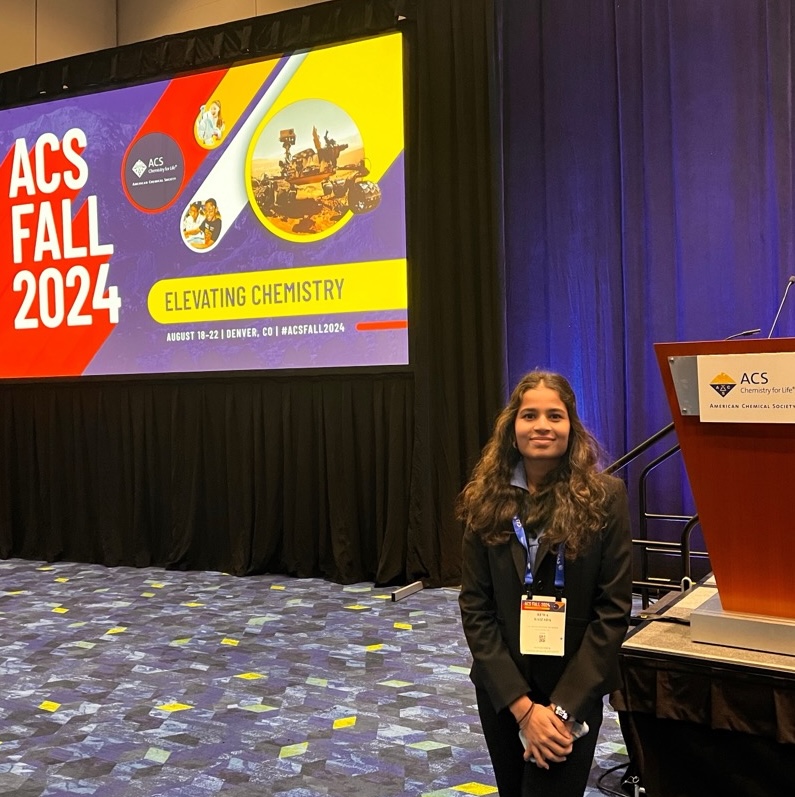
Rewa Raizada
Mentor: Brian Trewyn, Chemistry
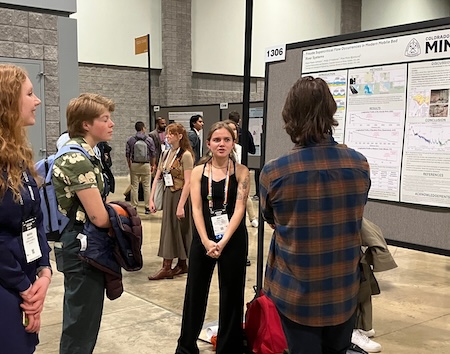
Maya Maes Johnson
Mentor: Piret Plink-Bjorklund, Geology & Geological Engineering
Additional 2024-2025 Travel Grant Recipients
William Pham
Alexander Kleen
2023-2024
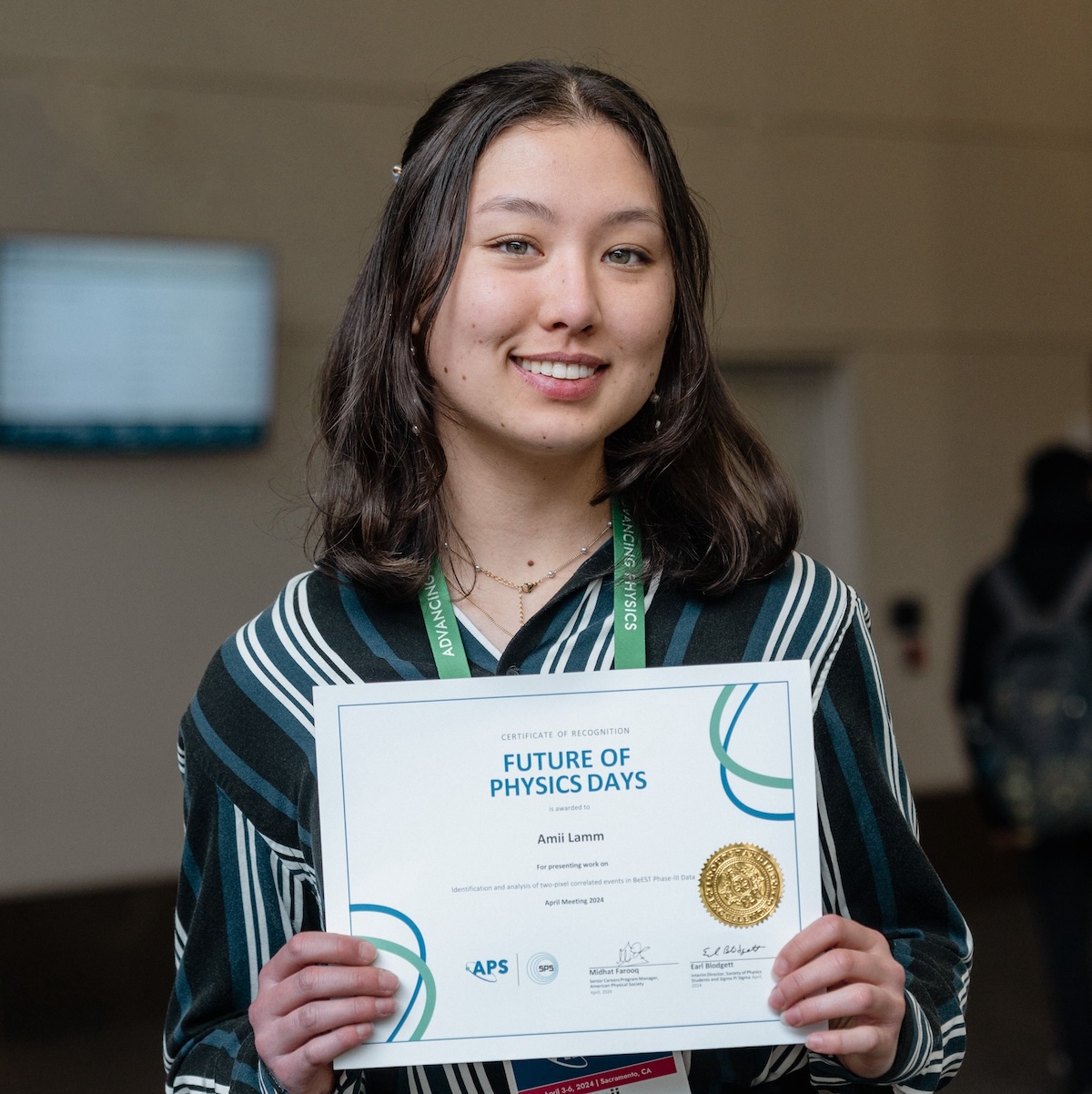
AmIi LAMM
Mentor: Kyle Leach, Physics
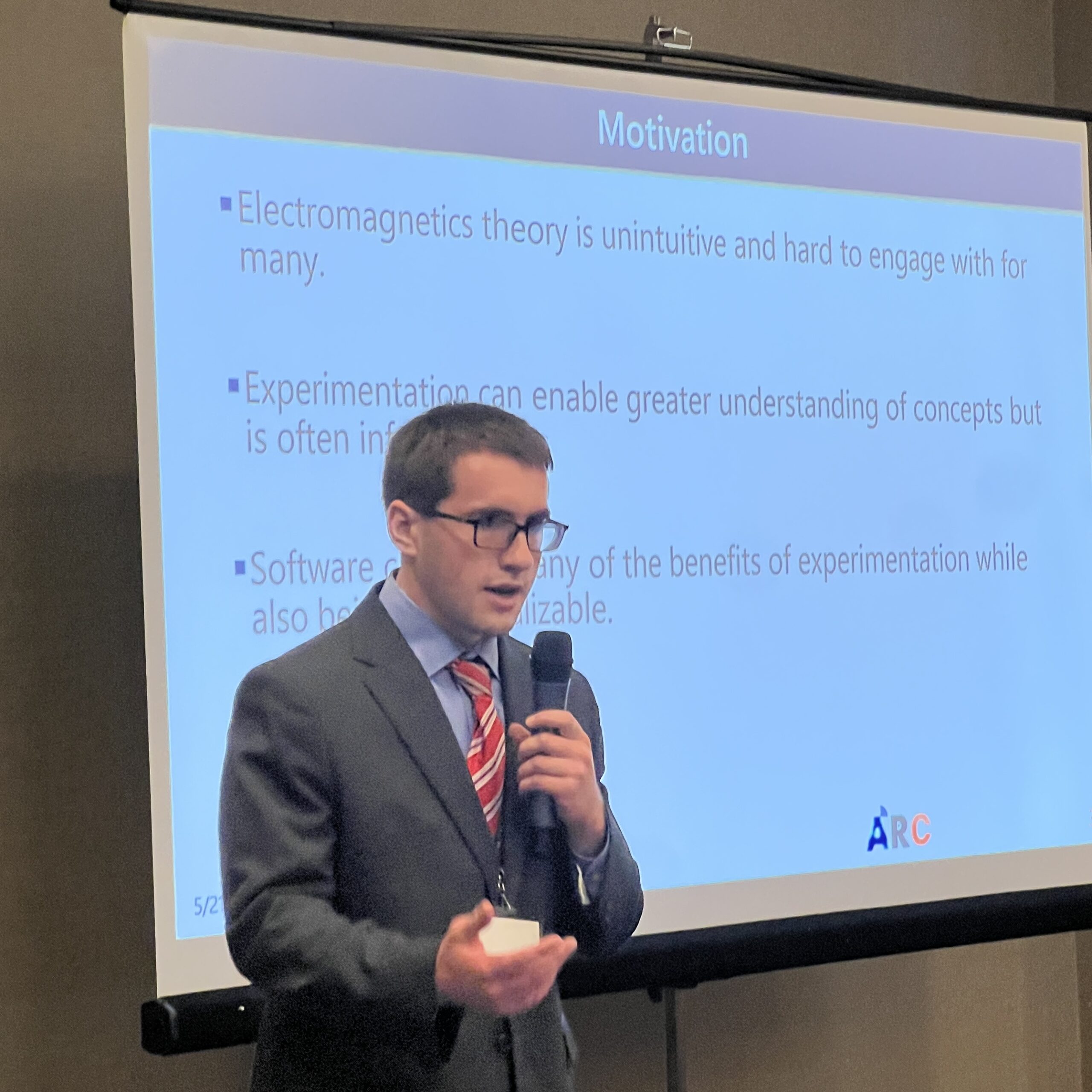
Charles Vath
Charles Vath, an Electrical Engineering student, traveled to the 2024 International Applied Computational Electromagnetics Society (ACES) Symposium in Orlando, Florida to present his research, “An Interactive Visualization of Electrostatic Electric Field and Potential Distribution.” According to Charles, “Attending the Applied Computational Electromagnetics Society (ACES) conference in Orlando, Florida facilitated great connections with innovative research and researchers. [This experience] increased not only my knowledge of computational electromagnetics, but also facilitated new insights into areas of research that I could [continue to] pursue.”
Mentor: Atef Elsherbeni, Electrical Engineering
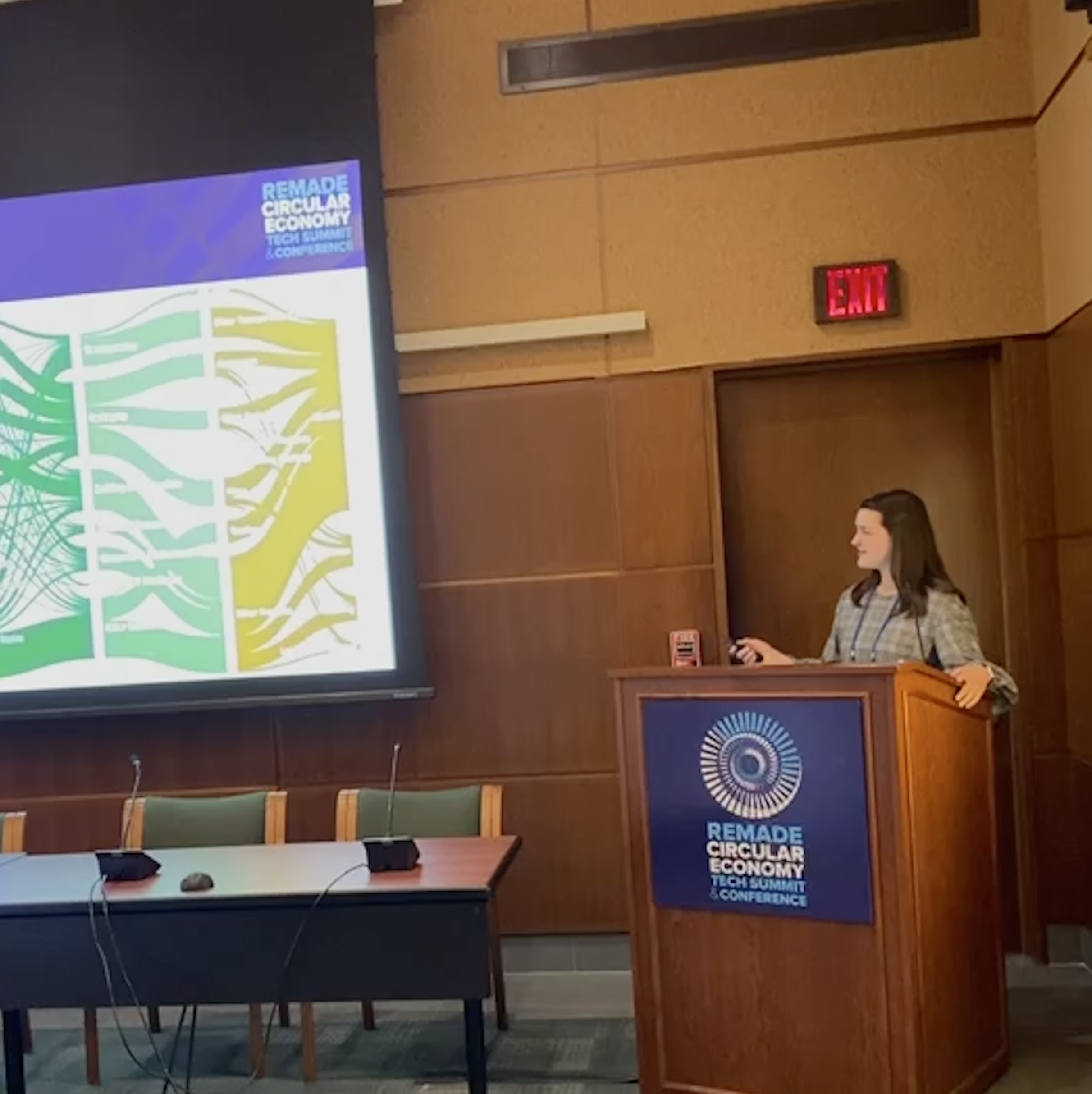
Madie Addis
Madie Addis, a Chemical Engineering student, was awarded a Travel Grant to deliver an oral presentation at the 2024 REMADE Circular Economy Tech Summit and Conference in Washington, D.C. in April 2024. His presentation was titled “Global material flow of macro and micro plastics to support a circular economy.” According to Madie, “This conference was an incredible opportunity to learn more about current research centered around creating a circular economy. I gained so much knowledge at this conference and was exposed to areas of research I may want to pursue in my future. I intend to start applying to PhD programs in the fall, and this conference widened my perspective of my prospects, which is super valuable. “
Mentor: Amy Landis, Civil and Environmental Engineering
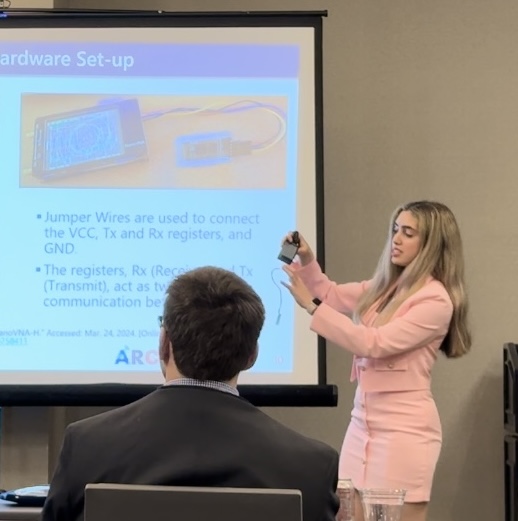
Lisa Elmiladi

Ryan Carbajal

Alyssa Hanson
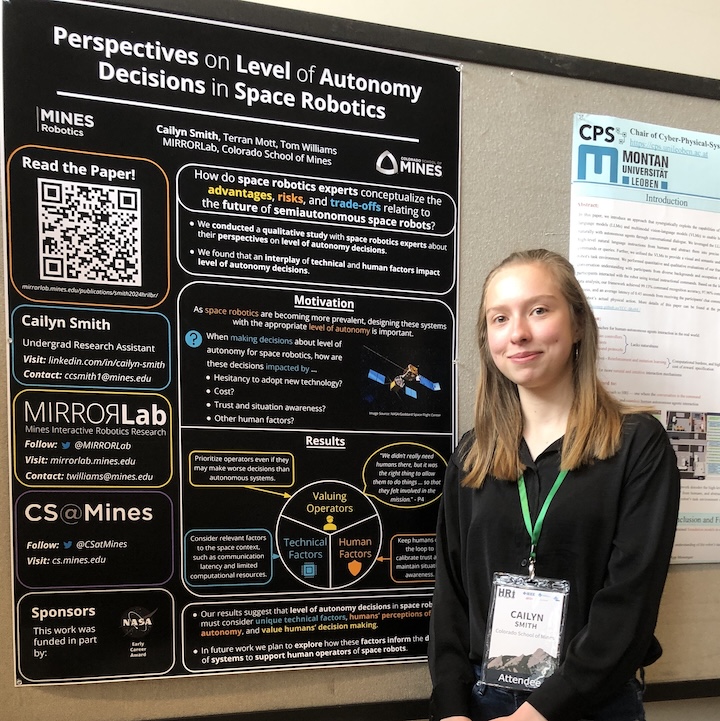
Cailyn Smith

Kenny Hora
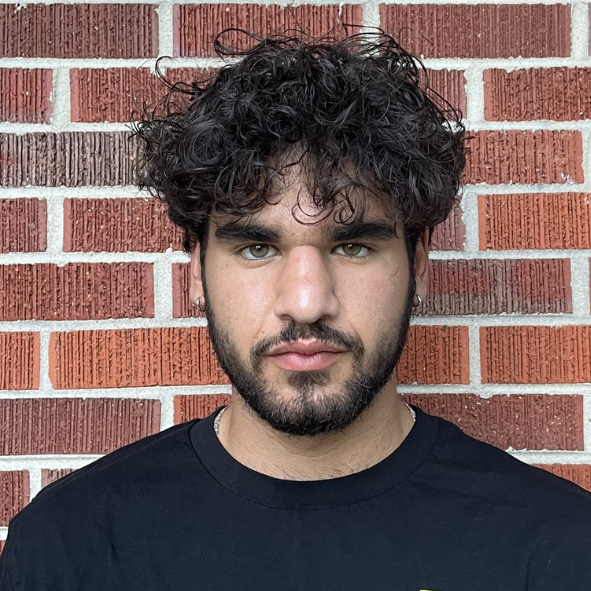
Armand Ovanessians
Armand Ovanessians, a QBE senior, was awarded a Travel Grant to deliver an oral presentation at the Pacific Symposium on Biocomputing in Waimea, Hawaii in January 2024. His presentation is titled “Creation of a Curated Database of Experimentally Determined Human Protein Structures for the Identification of Its Targetome.” Armand’s research has the potential to begin answering the question, “How can we develop a platform that illuminates the impact of specific drugs or ligands on every individual human protein?”
Mentor: Susanta Sarkar, Engineering Physics
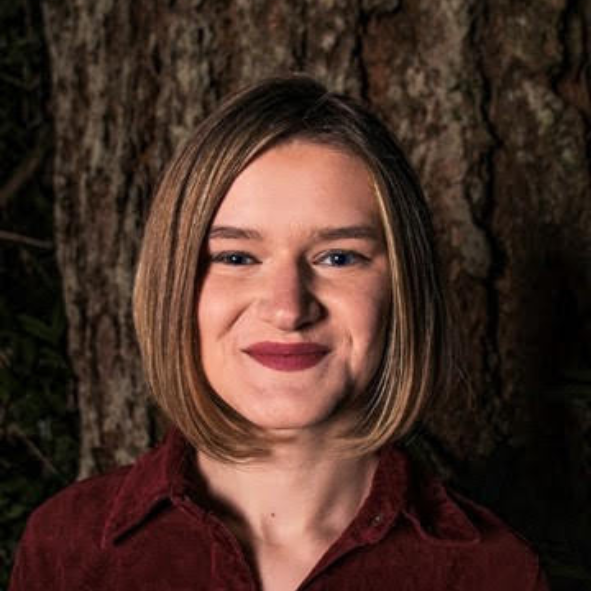
Claire Nelson
Claire Nelson, a Chemistry senior, was awarded a Travel Grant to deliver an oral presentation at the ACS Rocky Mountain Regional Meeting in Laramie, WY in September 2023. Her presentation was titled “Examining the physical interactions of surface-initiated cationic polymer brushes with therapeutic nucleic acids for gene delivery.” Claire’s research has the potential to provide a new polymeric model that could be viable for other forms of drug delivery besides nucleic acids.
Mentor: Ramya Kumar, Chemical & Biological Engineering
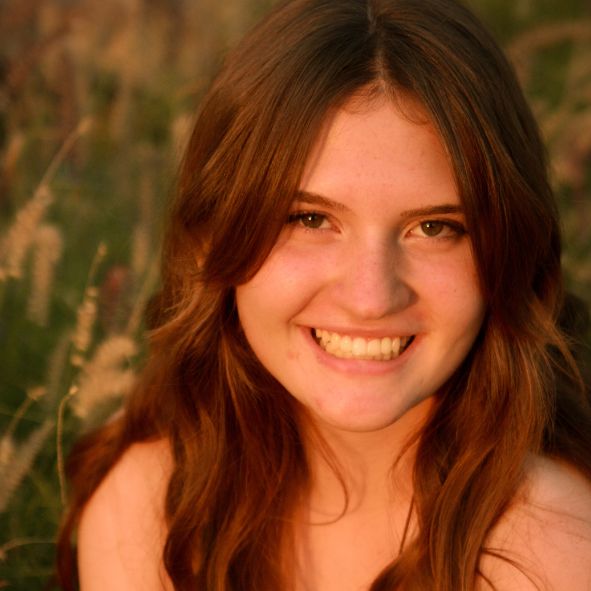
Frances LeDuke
Frances LeDuke, a Geological Engineering sophomore, was awarded a Travel Grant to poster presentation at the Geological Society of America Connects conference in Pittsburg, PA in October 2023. Her poster was titled “Correlation of electrical resistivity profiles and soil properties at mine waste sites.” Frances’ research is trying to understand the extent to which contamination due to legacy mining can be determined or measured.
Mentor: Rennie Kaunda, Mining Engineering
Additional 2023-2024 Travel Grant Recipients
Keith Borbridge
Alexis Capitano
Annie Huang
Wayne Snodgrass
John Taylor